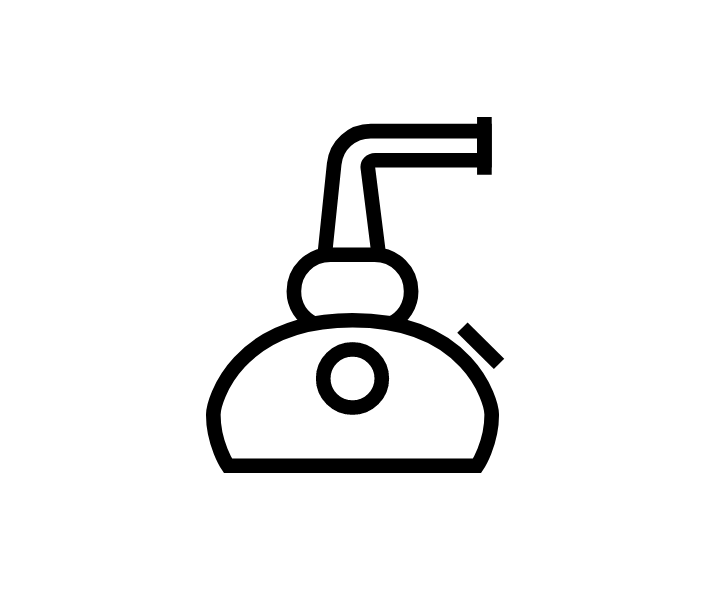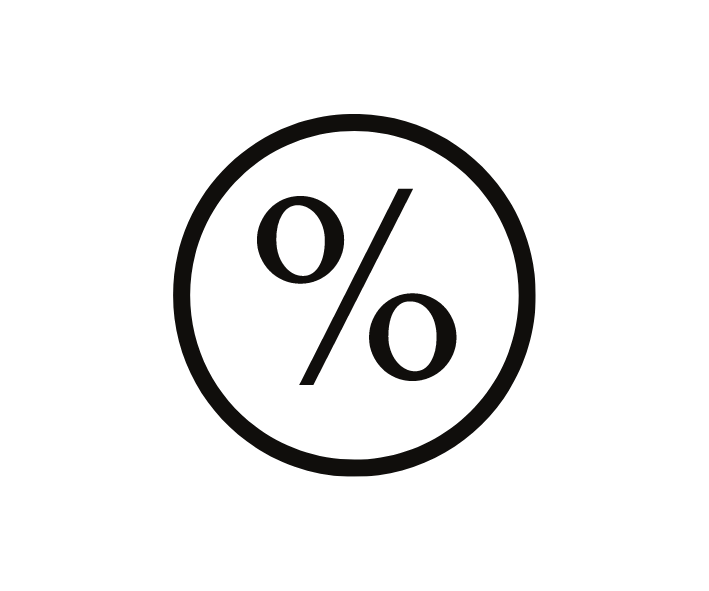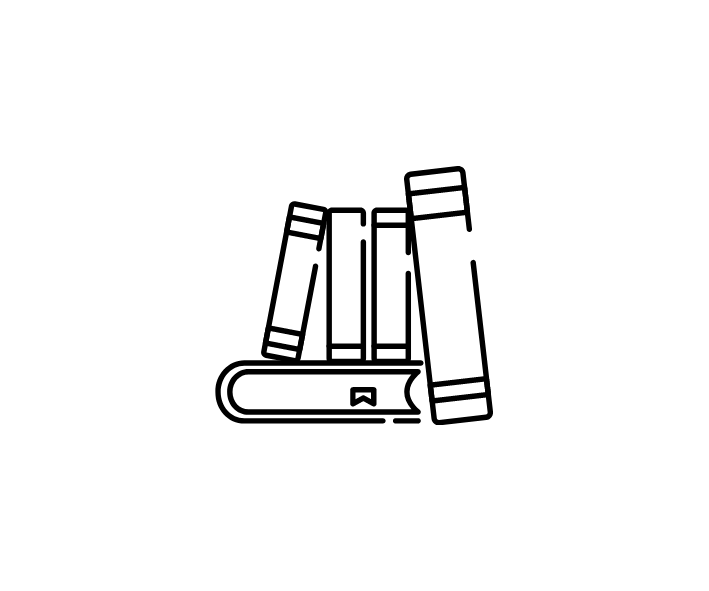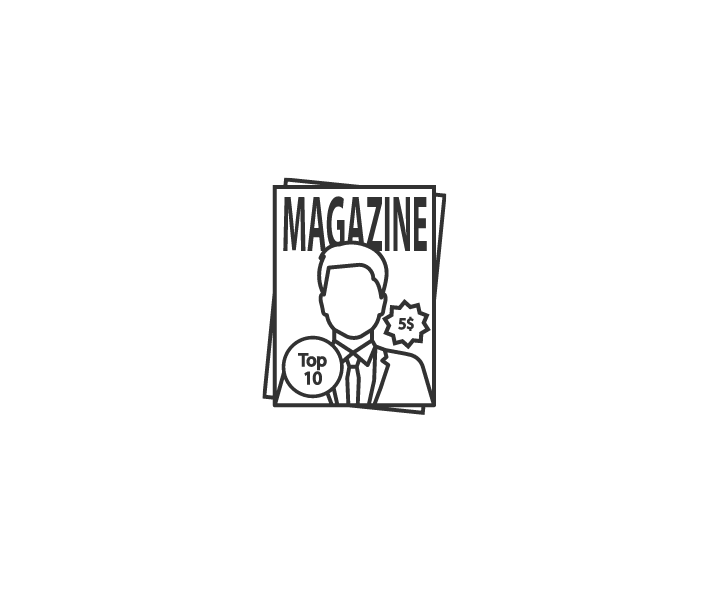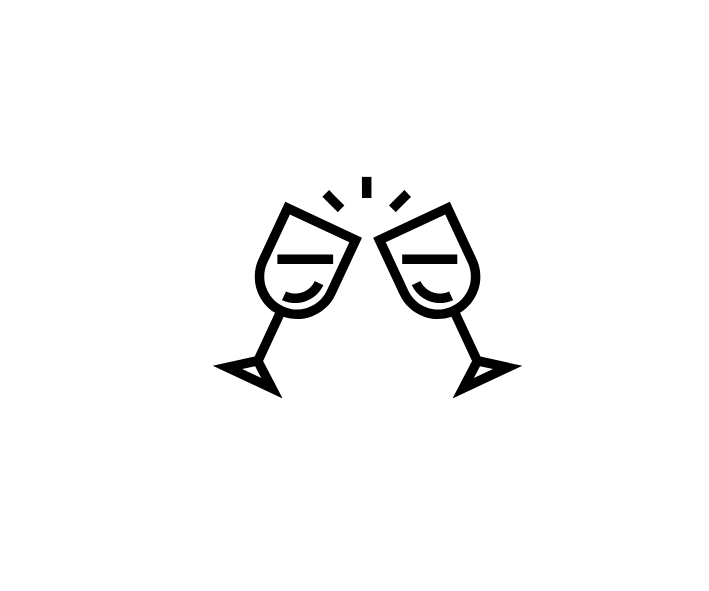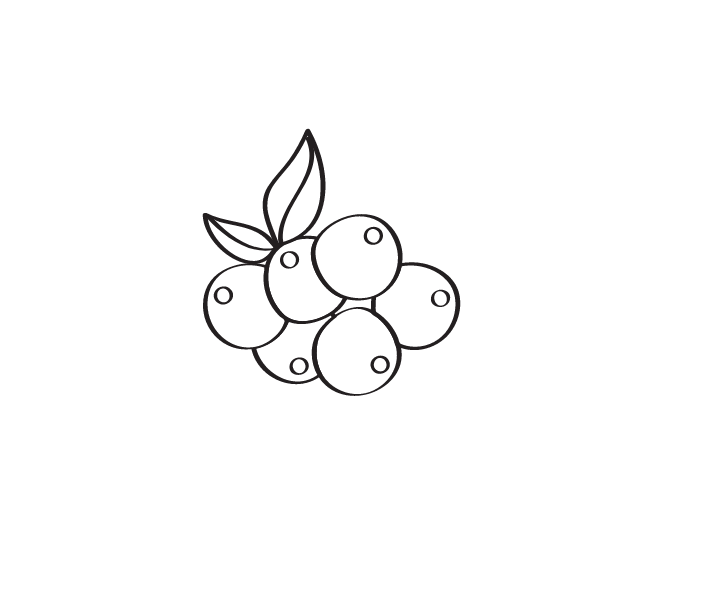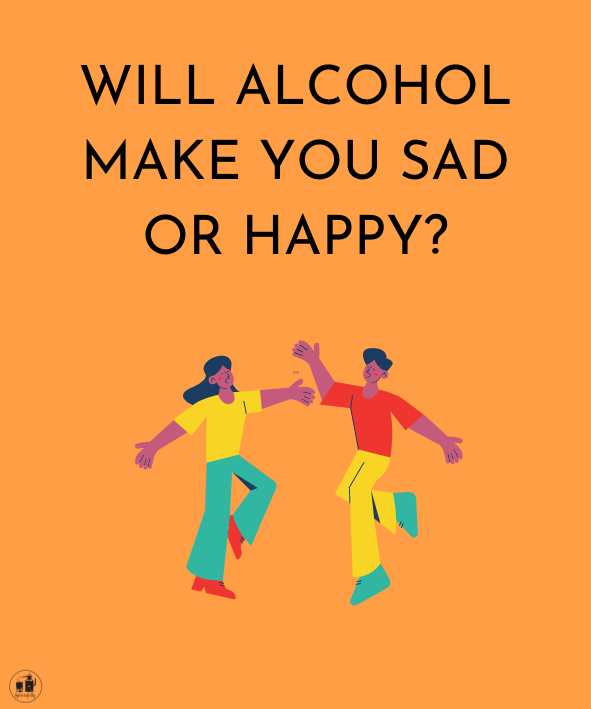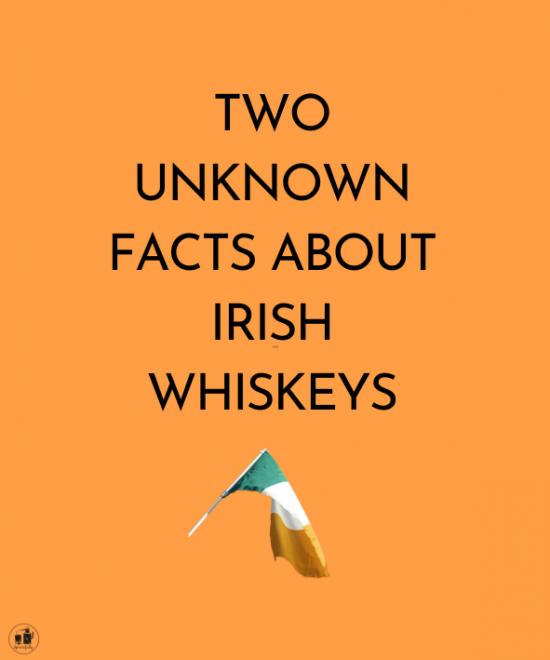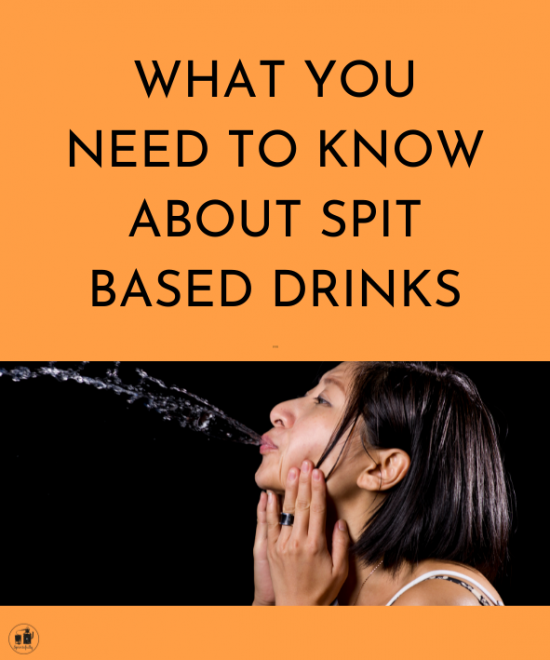When alcohol first reaches the brain, it makes nerve cells in the brain less excited, causing them to slow down. Why? What is actually happening here? Let’s find out!

Actually it is that ethanol enhances the effects of your GABA receptors (GABA stands for gamma aminobutyric acid), the GABA’s role is to reduce excitement, to slow down the functioning of the body. This is why some get that sleepy feeling. In fact, it’s the nervous system that’s suddenly attenuated. This is why ethanol is considered as a depressant just like barbiturates or benzodiazepines* (see frame below for more details). There are actually no study or proof of evidence that an alcohol category will have more depressant effects than another one.
The reasons why it gives that counterintuitive impression are numerous:
* did you eat before drinking? –> it is better to eat and drink than drinking on a empty stomach
* what kind of food is better? –> fatty or sugary is better
* how fast did you drink? –> the faster the higher the blood alcohol concentration
* who did you drink with and in what kind of context? –> there are many unexplained psychological influences in the process
* are you hydrated? –> the more you have drunk water before and during will influence how you will process alcohol
* are you of Eastern Asia descents? –> some of us are lacking enzymes that helps the transformation of ethanol into harmless acetate your body can evacuate)
* are you tall, big? –> muscle, weight and body water influences how you will process alcohol)
* is the alcohol carbonated or not? –> the more carbonated the higher the blood alcohol concentration
* are you male or female –> a higher blood alcohol concentration level is easily reach by women for the same amount of alcohol
There are exception to every of the facts just mentioned …
And finally, perhaps it is worthwhile to refresh our memory and define what is a depressant drugs?
Types of Depressants:
Drugs that are classed as depressants include:
* Ethyl alcohol
* Barbiturates
* Benzodiazepines
Barbiturates
Barbiturates sometimes referred to as downers, are a type of CNS depressant that causes euphoria and relaxation when taken in small doses. During the early half of the 1900s, barbiturates were viewed as a safe depressant, but problems with addiction and deadly overdoses soon became apparent. Barbiturates have a dramatic impact on sleep patterns, resulting in suppressed REM sleep. Because the potential for addiction and overdose is so high, barbiturates are no longer commonly used to treat anxiety and sleep problems.
Benzodiazepines
Benzodiazepines are a type of CNS depressant widely prescribed to treat anxiety and sleep disorders. Because of their low toxicity and high effectiveness, benzodiazepines have been popularly used as a short-term treatment for anxiety problems and insomnia. However, the potential for dependency makes them a less preferred long-term treatment for such things as generalized anxiety disorder, post-traumatic stress disorders, and panic disorders. Benzodiazepines have sleep-inducing, sedative, muscle-relaxing, and anticonvulsant effects. Because of these effects, benzodiazepines have been used to treat a number of issues including sleep difficulties, anxiety, excessive agitation, muscle spasms, and seizures.Benzodiazepines are generally viewed as safe in the short-term, but long-term use can lead to tolerance, dependence, and withdrawal symptoms upon cessation.
source: https://www.verywellmind.com/what-are-depressants-2795572
At the same time that alcohol reaches the brain, it is in contact with other molecules including dopamine, the famous reward molecule. That’s why drinking can seem rewarding, and also provokes a feeling of joy. However, even though the depressant effect is universal (we are all going through that) not everyone perceives the stimulant effect. Or some do, but it is a much shorter term effect.
As a conclusion it seems that alcohol is both a stimulant and a depressant. It all depends of who you are and how you drink. However, because the depressant effect is universal, contrary to the stimulant effect, in the classification of drugs, alcohol is considered a depressant.
For those who wants to go deeper into it, the best book ever is simply that one:

